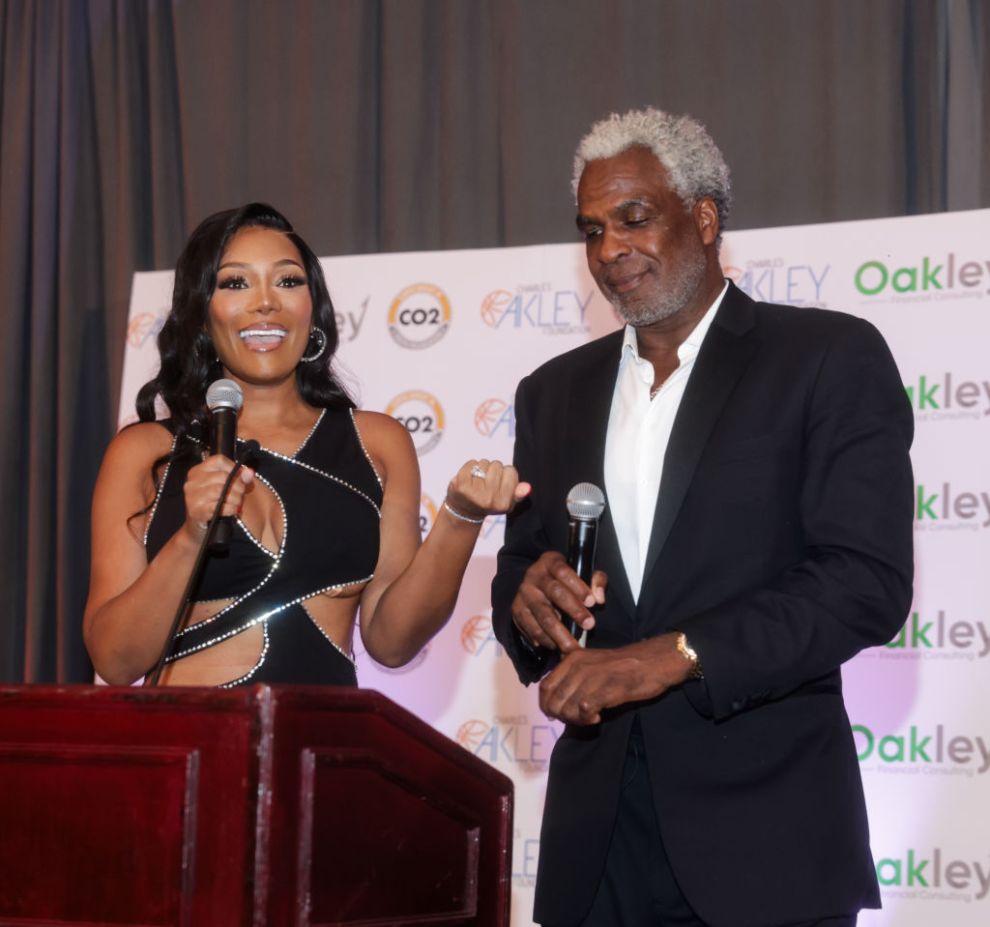Former NBA star Charles Oakley has been ordered to pay $642,337 in legal fees to Madison Square Garden Company and its affiliates over his years-long lawsuit stemming from a 2017 ejection from the arena. The decision was handed down on Oct. 31 by U.S. Magistrate Judge Robyn Tarnofsky.
The sanction comes after Oakley failed to preserve approximately five years of text messages that were deemed central to the lawsuit. The messages related to his removal on Feb. 8, 2017, from the arena during a game between the New York Knicks and the Los Angeles Clippers.
In her ruling, Judge Tarnofsky found that the missing texts significantly prejudiced MSG’s ability to defend itself, and that Oakley’s explanation — that his phone broke and he upgraded it, losing the messages — was “not credible.”
While MSG’s legal team originally sought about $1.5 million in fees, the judge reduced the amount after finding inconsistencies in the documentation and capped hourly rates. The final award included roughly $604,000 in attorney fees plus about $38,022 in costs.
Lawsuit Background and Ongoing Battle
The controversy traces back to Oakley’s ejection from Madison Square Garden during the 2017 game, when he confronted security and was taken into custody. He later filed suit against MSG and team owner James Dolan alleging assault, battery and defamation.
Much of the lawsuit has been dismissed: a lower court threw out numerous claims in 2020, but the U.S. Court of Appeals for the Second Circuit revived the assault and battery claim in 2023.
In July 2024, Judge Richard Sullivan expressed concern about the missing text messages and ordered an adverse-inference instruction at trial. He wrote that “…Oakley’s loss of his text messages cannot be credibly explained as involving anything other than bad faith.”
Oakley’s attorneys said they “disagree that MSG is entitled to any recovery and will promptly seek to appeal.”
The ruling marks a costly setback for Oakley, who played for the Knicks from 1988 to 1998 and remains a figure of considerable public interest. The order also serves as a strong message about litigation obligations and evidence preservation.
For MSG, the decision provides a vindication of sorts in their efforts to defend against the lawsuit and to require accountability when opponents fail to maintain relevant evidence. Still, the underlying case has not yet been fully resolved, and Oakley continues to press his claims.
A spokesperson for MSG did not immediately respond to requests for comment. Oakley did not provide immediate comment following the fee order.

